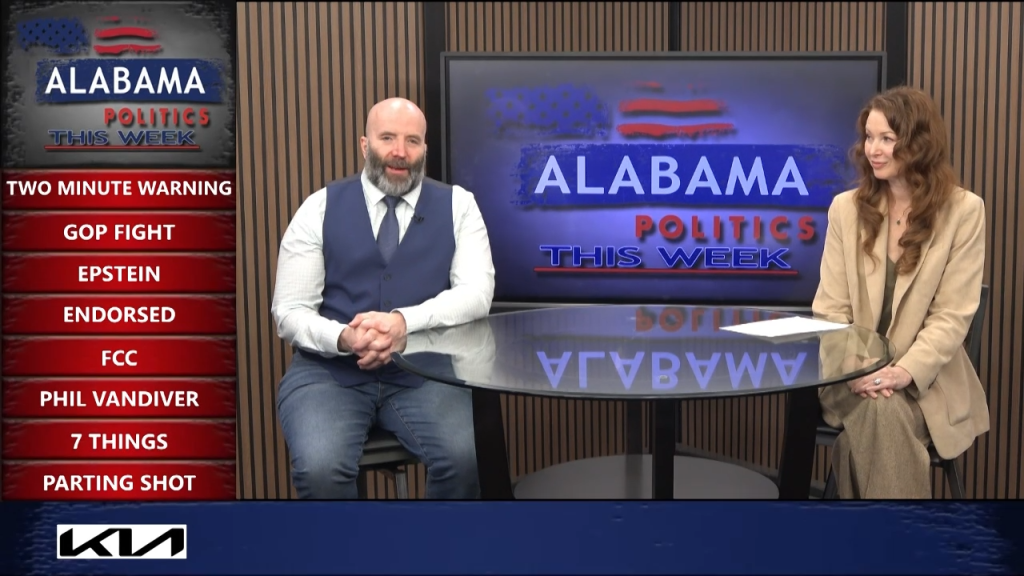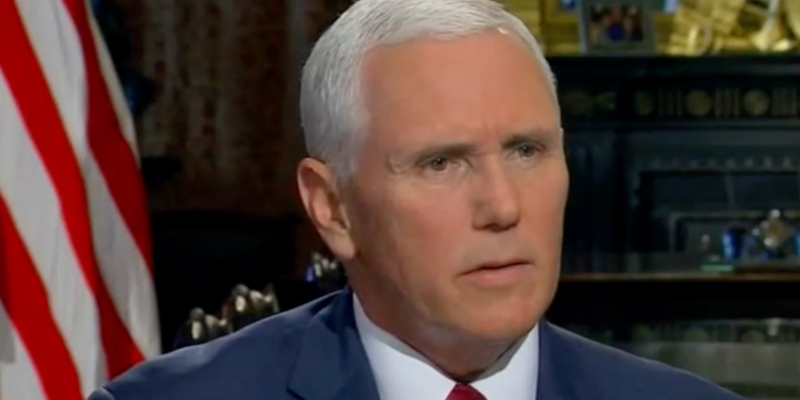Listen to the 10 min audio
Read the transcript:
FBI AND JUDICIAL SECRETS UNEARTHED – WHAT NOW?
TOM LAMPRECHT: Harry, last week, a report was released by The New York Times which revealed that, under the FBI director James Comey’s leadership, they used a secret program that does not require the approval of a judge to gather phone records and other documents on Donald Trump’s presidential campaign.
The FBI ordered phone records and other documents using national security letters, a secret type of subpoena, officials said, and at least one government informant met several times with Mr. Page — Carter Page — and Mr. Papadopoulos.
That has become a politically contentious point with Mr. Trump’s allies who are questioning whether the FBI was spying on the Trump campaign and trying to entrap campaign officials.
The national security letters are controversial, in part, because they carry the force of the law but are created entirely outside of the judicial system. To issue one, an FBI official needs to attest that the information sought is relevant to a national security investigation. The letters have also been criticized because they are shrouded in secrecy.
Harry, we have three distinct branches of government — judicial, congressional and executive. Is this a breaching of those three separate branches of government?
DR. REEDER: Not so much breach, I would say, as to circumvent. Tom, when I was in the ninth grade, I have to confess I was not all that interested as I should have been in my studies, but there was one little bright star in all of this and that was Robert Woodburn — I still remember him today — who was my Civics teacher in the ninth grade. I just got drawn into it.
FOUNDING FATHERS’ “AMERICAN EXPERIMENT”
I was amazed at our founding fathers who had just made it very clear that they were carrying out this American experiment by, first, we’re not going to have a monarchy where one man rules and, therefore, his tyranny in the accumulation of power, and we’re not going to have an oligarchy were the elite rule in their accumulation of power and money and wealth and we’re not going to have a democracy where a mob can rule. What we’re going to have is a republic where it is a people who are agreed that, in their local government, their state government and their federal government, we will be ruled by law and, therefore, it is the law that is king.
And then, to carry out that law or to make that law or to amend that law, there would be three branches of government. There would be the executive branch of government, which executes the law as it exists; there would be the judicial branches of government that would govern and would make rulings based upon the law and rulings concerning the lawfulness of any other proposed law in terms of the existing law; and then, finally, there would be the legislative which upholds the law, makes amendments to the law or bring forth any new law. And all of these would be accountable to their vows to the Constitution of the United States.
The executive branch of government would be elected, the legislative branch of government would be elected and then the executive and the legislative would bring forth the nominees for those who would be judges and, in some states, those judge positions where also elected — others, they would be appointed by those who had been elected in the executive and legislative branch.
Now, having put all that together in those brief moments, you have to realize that was to be implemented, to some degree, on all three levels: the local level where you would have mayors and you would have councils and you would have local judges; and then you would have it on a state level where you’d have a governor and state legislatures and state judges as well as state supreme courts; and then you would have it on the national level. Tom, part of the genius, also, was that these were not hierarchical but interdependent and accountable to each other.
Tom, there are two things that we see breached in this article that you’ve pointed out and first is how the executive branch, or runaway branches of the executive branch, attempt to circumvent the role of the judicial and then how the legislative abandons their responsibility to hold all of them accountable.
CONGRESSIONAL HEARINGS ARE IMPORTANT, BUT ARE BEING ABUSED
Today, when we hear that the Congress is going to have a congressional hearing, what we basically think about is a sideshow in which various congressmen will use the opportunity to declare their talking points and lay out their next campaign and be able to make a name for themselves in what they question and how they question.
In reality, it was not there for a platform to promote our congressional members, but it was there for them to exercise oversight. They might have to have congressional hearings concerning the judicial branch or they might have to have congressional hearings concerning local and state governments on movements in the nation that need to be investigated in terms of any legislative impact. And there were congressional hearings for the executive branch, as well.
DO SPECIAL COUNSELS HELP OR HURT?
These are not moments for a showtime; these are moments to really hold people accountable: are you acting within your constitutional boundaries? I think you have said it before, most insightfully, these special prosecutors, I believe as you do, is not a good thing to do for various reasons.
Once you cut these special counsels loose and their investigative teams, with the powers of subpoena, the things that they have, they’re going to find something to validate what they’re doing and they can always argue, “I need to go down this trail because this may help me find what is happening over here that I was actually commissioned to do and investigate, but I need to investigate this because it may open up doors over here.”
Well, now they’re uncovering other things in the lives of people and in the past of people and they’re making it public and that becomes a political football to toss around. The special prosecutor is simply a statement of the cowardice or the ineptness of Congress to do their job in congressional hearings.
LET’S HOLD THESE EGREGIOUS BRANCH ACTIONS ACCOUNTABLE
Now, if there’s ever any place for clarity — moral clarity and legal clarity — it’s in the investigations that have and are and need to take place from Congress concerning how the FBI has been conducting itself and they also need to investigate how the IRS has been conducting itself.
Both have engaged in behavior that is punitive, oppressive and beyond the scope of their responsibilities but you need a Congress that will do its job, and then you need a judicial branch that will do its job and the executive branch needs to be accountable to the legislative body. And, once again, these congressional hearings have been the mechanism whereby that was supposed to be accomplished.
TOMORROW: REX TILLERSON GIVES WISE COMMENCEMENT ADVICE
TOM LAMPRECHT: Harry, on tomorrow’s edition of Today in Perspective, I want to take you to a little town in Virginia — Lexington, Virginia — where a lot of American history has taken place. Former Secretary of State, Rex Tillerson, was asked to talk to the graduates of VMI last week.
DR. REEDER: He made a comment that I think is extremely important to understand and, I believe, affirm what he said. Tom, can I also just finish up today’s program by mentioning this: the accountability that’s built into our government is an accountability we all need.
NOT JUST GOVERNMENT THAT NEEDS ACCOUNTABILITY
There are three guys I’ve been with now for 34 years in an accountability relationship. I’ve got accountability to my wife, I’ve got accountability to my family, I’ve got accountability to those whom I work with and my elders and I believe this is very important, as you and I attempt to grow in the grace and knowledge of Christ.
Accountability in life as well as accountability in government, that is a great principle but, most of all, I need to know that I am accountable to the Lord. My dear friends, I want you to know — and the other day they came out with a statement — that, once you put something in the digital world, it never goes away. You can find it and you can be held accountable.
Here’s what the Lord has said: “We give an account for every word and every action. How can I stand before a holy God Who will, by no means, leave the guilty unpunished and I’m accountable and will stand before Him because it is appointed unto men once to die and then the judgment?”
Well, let me tell you the way — the way is to come to Jesus Christ, Who will remove all of the guilt and shame by having taken our judgement for us at the cross and can set you on a new life where you come before the Lord, not as a criminal at the judgment seat, but as a son and a daughter able to affirm the stewardship of new life in Jesus Christ. Come to the One who sits at the judgment seat. He’s already come and He went to the cross for you.
Dr. Harry L. Reeder III is the Senior Pastor of Briarwood Presbyterian Church in Birmingham.
This podcast was transcribed by Jessica Havin, editorial assistant for Yellowhammer News, who has transcribed some of the top podcasts in the country and whose work has been featured in a New York Times Bestseller.
Podcast: Play in new window | Download
Subscribe: RSS













